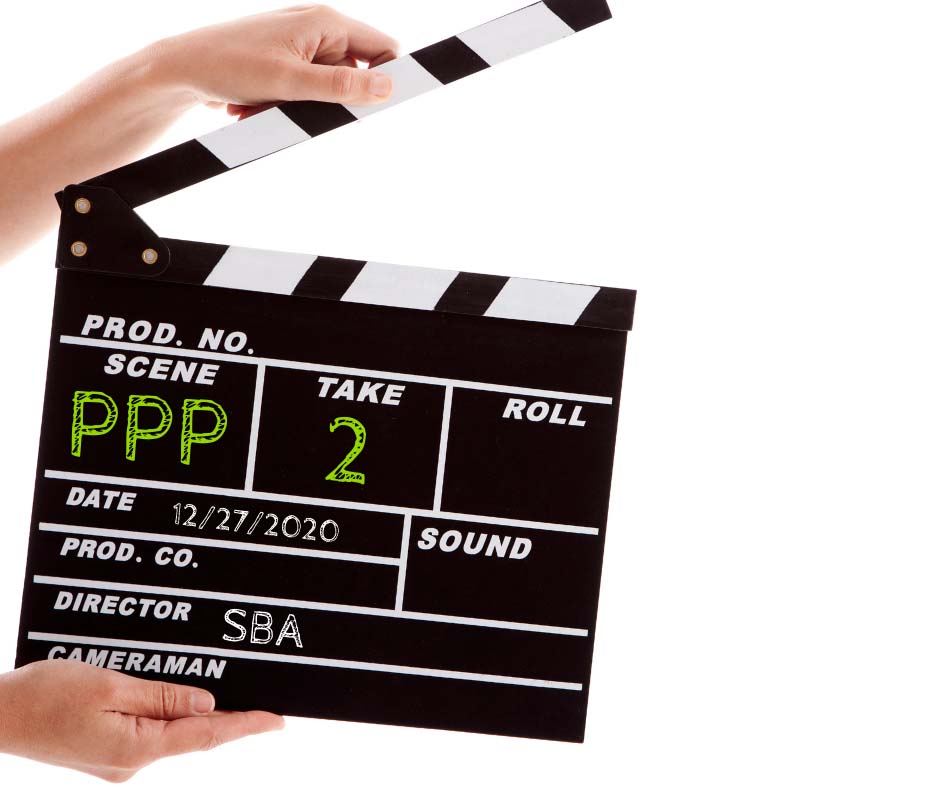Today’s Talk with Brady Josephson
January 20, 2021
PPP2 Nonprofit Application Download – We Submitted Ours Last Week
January 24, 2021Being a Successful Fundraiser in 2021
I have an obsession. I love defining what makes a fundraiser successful, bottling it, and using it to empower nonprofit professionals and volunteers. I’m obsessed with helping them become more productive in securing gifts to advance the charities and good causes they’re so passionate about.
I enjoyed being a higher education fundraiser for about 25 years. I had the privilege of working closely with business and community leaders who were absolutely fearless in virtually everything they had to face in their lives. With one exception: asking for a gift for their favorite nonprofits.
What caused this? More than anything, it’s fear of the unknown. As practitioners, we need to do a better job of demystifying the art and science of fundraising.
1. Be a believer.
So, what does it take to be an effective frontline fundraiser? How can you become one of a special breed that welcomes the opportunity to solicit gifts, the bigger, the better?
First of all, he or she must be an incorrigible believer in their organization.
Believing in the nonprofit is almost like falling in love with it. Like someone you love, that doesn’t mean they’re perfect. But you know everything admirable and good about them. You cherish telling their stories and answering questions about them. Your voice, face, and mood convey pride.
Even the best fundraisers hear “no” frequently. That’s a sign that they’re not afraid of asking. But they’re also going to hear favorable responses and create a magical loop in which solicitor, donor, and beneficiaries, all emerge winners. In fact, I’m firmly convinced that the donor derives the most satisfaction from this loop.
Believing in yourself as a fundraiser is not cockiness. Rather it’s a reflection of the knowledge and experience that replaces fear with comfort and confidence. When principles, strategies, and best practices are applied consistently, they will produce amazing results.
2. Establish real connections.
You shouldn’t be content with forging relationships — you want to build friendships. I once heard a relationship defined as something you have until something better comes along. Friendships are much deeper and stand the test of time. Our goal in fundraising is not to get a single transaction, but rather to earn a life-long connection that steadily grows and produces ever-increasing gifts of time and money.
3. Improve and progress.
Good fundraisers share a relentless commitment to continuous process improvement. The most productive fundraisers are never content. Our fundraising profession, built on face-to-face meetings, especially when soliciting major gifts, has been turned upside down by COVID-19 and the realities of social distancing. We’ve entered a new era of virtual fundraising.
Fortunately, we’re seeing evidence that it works and even major gifts of 5-, 6- and 7-figures can be obtained through video conferencing and other new technology. This demands learning new skill sets such as how to best establish eye contact and a human connection without being there in person.
4. Be flexible.
Effective fundraisers embody an entrepreneurial spirit for virtually everything they do. Each donor presents a whole new set of challenges and requires flexibility in aligning their wishes with the mission of the nonprofit. There is a steady stream of challenges to be solved and overcome.
Major gifts usually require several meetings. We like to follow up immediately — within 24 hours, if possible — on any requests expressed by the donor. This emphasizes a sense of urgency in the need for a commitment to be made sooner instead of later to bring the request and the good it will accomplish to fruition.
5. Be an ethical fundraiser.
Finally, a ferocious commitment to the highest ethics goes hand-in-hand with a fiercely competitive spirit. Donors must know, like, and most importantly, trust the fundraiser and their nonprofit. A single ethical misstep can destroy the relationship, not to mention the friendship and the prospect of gifts.
The successful fundraiser wants to obtain the gift, in the largest amount possible, with all their body, mind, and soul. Fortunately, I’ve enjoyed that uplifting experience of asking and getting major gifts to energize good works. It feels terrific.
In 2021, the work of frontline fundraisers will be more valuable than ever. At the same time that government and philanthropic funding is compromised, the needs that nonprofits serve are escalating.
Fundraisers aren’t magicians. They are people like you and me who have trained hard to excel at their craft. Their lessons of success deserve emulation throughout the nonprofit sector so that it can more robustly serve its beneficiaries during such a profound time of need.
Author Bio:
Jim Eskin’s leadership roles span more than 30 years in fundraising, public affairs, and communications in the San Antonio area. During his career, he established records for gifts from individuals at three South Texas institutions of higher learning. He enjoys training non-profit boards on fundraising best practices and overcoming the fear of asking for gifts. His consulting practice Eskin Fundraising Training builds on the success of his fundraising workshops and webinars and provides the training, coaching and support services that non-profits need to compete for and secure private gifts. He has authored more than 100 guest columns that have appeared in daily newspapers and business journals across the country and publishes Stratagems, a monthly e-newsletter exploring timely issues and trends in philanthropy
The post Being a Successful Fundraiser in 2021 appeared first on Nonprofit Hub.
